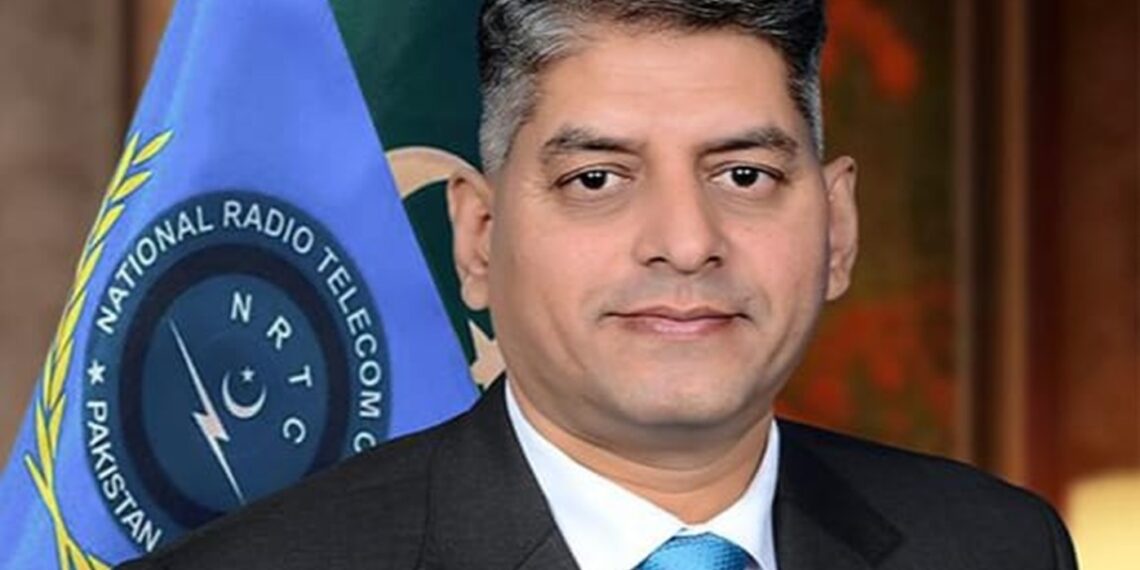Apart from deepening ties in the realms of defence cooperation and mutual assistance and expanding bilateral foreign relations, Bangladesh and Pakistan are also exploring possibilities of working together on the sensitive issue of mobile phone surveillance and interception and social media monitoring.
This was evident when Pakistan’s National Radio and Telecommunication Corporation (NRTC) Managing Director Brigadier General Azmat Shabbir arrived in Dhaka on May 25. Brig Gen Shabbir and two subordinate NRTC colleagues, took an Emirates flight (No. EK-582) to Dubai before flying to Dhaka.
The Pakistani left Dhaka on an Air Arabia flight (No. G9-515) on May 30.
A state-owned defence production organisation, NRTC functions under the Pakistan Ministry of Defence Production.
During his five-day visit, Brig Gen Shabbir met senior officials of Bangladesh Telecommunication Regulatory Commission (BTRC) and the National Telecommunication Monitoring Centre (NTMC) and proposed training and sharing expertise on mobile phone interception and cyberspace warfare.
It was agreed that Bangladesh would soon send a combined team officials drawn from the BTRC and NTMC to the Pakistan NRTC which is located at Haripur in Khyber-Pakhtunkhwa.
It claims to produce and distribute technologies related to military radios, frequency jamming, border security and surveillance systems, anti-drone systems, electronic warfare, explosive ordnance disposal and robotics, and AI and cyber security.
Two-and-a-half years ago, Bangladesh’s NTMC shot to notoriety when reports revealed that it had procured vehicle-mounted surveillance devices called Spearhead systems, from an Israeli supplier Passitora which was previously called WiSpear.
The Spearhead systems comprised advanced surveillance equipment that were developed by Passitora headed by a former commander of Israel’s intelligence technology unit, Tal Dilian.
It was reported over two years ago that WiSpear could be used to potentially inject spyware into computers and mobile phones within certain distances.
A June 9, 2021, a Bangladesh Cabinet document accessed by Northeast News shows that the authorities gave a go-ahead for the purchase of one “Vehicle Mounted Mobile Interceptor and related services” for BDT 65.56 crore from Toru Group Ltd, Switzerland, through a Dhaka-based company, Smart SCM Solution.
Toru Group Ltd is headed by an Israeli national, Assaf Elias, whose company often acted a middleman for business dealings with Dilian’s firms.
The surveillance systems were delivered to Bangladeshi authorities in June 2022.
Even Bangladesh’s National Security Intelligence (NSI) is said to have procured a surveillance system in 2019 from a company called Prelysis that is registered in Israel. This equipment could intercept communication on Wi-Fi networks.
An investigation by Israeli newspaper Haaretz showed that in July 2019, a Wi-Fi interception system, that cost about US$ 3 million, was shipped by Prelysis to Bangladesh.
More purchases were made by Bangladesh’s NTMC in July 2019. A system for “active monitoring of mobile phone” was procured for US$ 1.6 million from a Singapore-based supplier called Coralco Tech who proprietor is an Israeli national by the name of Eyal Almog.
Again, in 2019, a Cyprus-based Israeli company, U-TX Technologies, provided surveillance equipment to Bangladesh.
ALSO READ: Heavy rains wreak havoc in Manipur: Over 3,800 affected, 883 houses damaged
This deal included the procurement by NTMC of a “Web Intelligence” system, valued at US$2 million.
A cellular tracking system for military intelligence, and valued at US$500,000, was delivered to Bangladeshi authorities in 2021.
Brig Gen Shabbir’s visit, sources said, is the first sign that Bangladesh’s national security bureaucracy would likely have Pakistan as a potential replacement of Israel insofar as surveillance and interception technologies are concerned.















